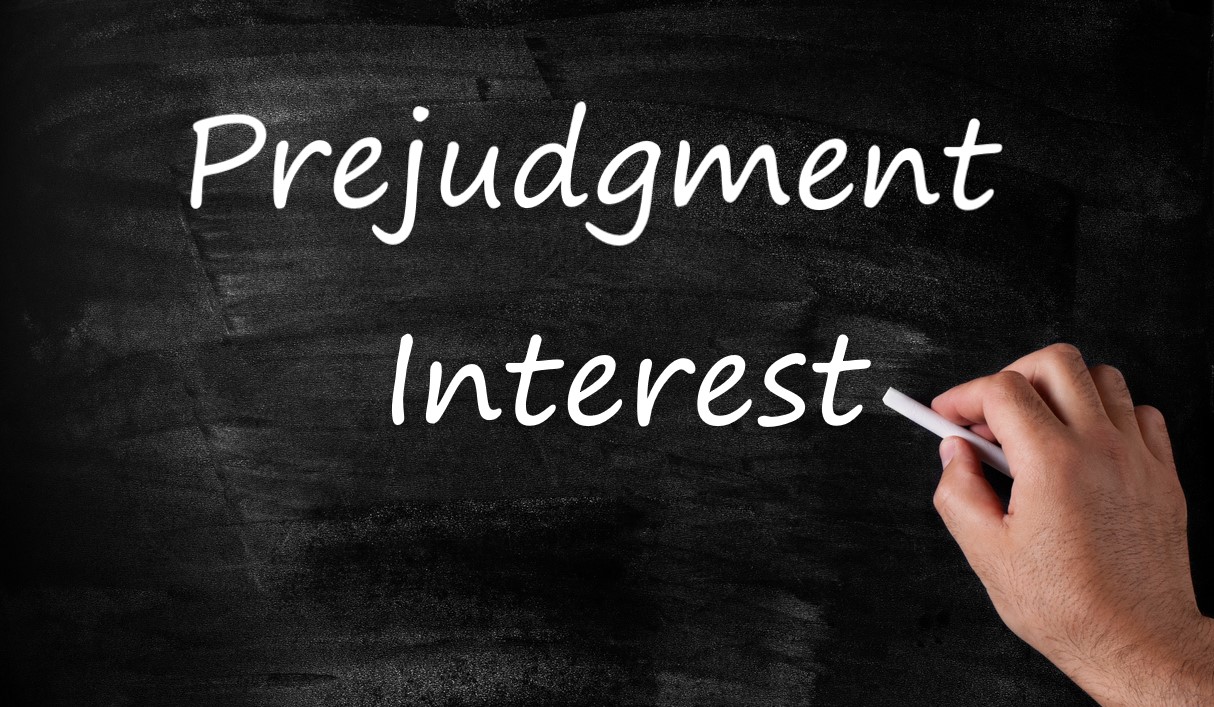Public adjusters provide valuable services to policyholders. Even if a claim goes to litigation because of denial or disagreement, the public adjuster’s contract is still valid. A New York case decided yesterday, Public Adjustment Bureau, Inc. v. Greater New York Mutual Insurance Company,1 supports my point of view.
In that case, the court noted some history of the public adjusting profession:
The work of public adjusters is not widely known about. “[M]any consumers, and even a few insurance analysts, are generally unaware of their existence because most public adjusters do not advertise” (Julie Edelson Halpert, “Personal Business; In the Insurance Maze, Adjusters are Selling a Map,” New York Times, Business Day, June 24, 2001, available at http://www.nytimes.com/2001/06/24/business/personal- business-in-the-insurance-maze-adjusters-are-selling-a- map.html).
The profession of public adjusting has come a long way from its earliest stages, at least as far back as the 1890s in this State. Public adjusters then handled fire damage insurance claims on behalf of insured property owners, and it appears that the profession was unregulated at that time (see Milch v. Westchester Fire Ins. Co., 13 Misc. 231 [NY Common Pleas Court 1895] ). Indeed, in a commentary published in 1890, in a weekly journal of the insurance industry called The Chronicle, the attitude of the insurance industry toward public adjusters is illustrated. The writer characterized public adjusting—perhaps hyperbolically —as “disreputable” (see The Chronicle, A Weekly Insurance Journal, vol XLVI no 26, Thursday Dec. 25, 1890, pp 370–371, available at https://books.google.com/ books?id=RIAoAAAAYAAJ & pg=PA193 & dq=The+Ch ronicle+journal+1890+p#ublic+adjusters #& hl=en & sa=X & ved=0CC8Q6 AEwAGoVChMI98CSybaSyAIVwVw– Ch0ylgYu# v=onepage & q=TheC#hronicle%2 0journal1#8900#2#public0#adjusters #& f=false [accessed September 25, 2015] ).
With increased statutory regulation, that perception has been altered. The profession became regulated by the enactment of former Insurance Law § 138–a, which prohibited working as a public adjuster without a certificate of authority to act as such issued by the superintendent of insurance (L 1913 ch 522, amending ch 221); the lack of a certificate absolutely precluded a public adjuster from recovering for services it rendered on behalf of an insured (see William Stake & Co., Inc. v Roth, 91 Misc. 45 [App Term, 1st Dept 1915], affd 171 App.Div. 914 [1st Dept 1915] ).
The court noted that the public adjuster would be entitled to collect a fee if he provided "valuable services" which directly or indirectly lead to a recovery and even after the matter was settled in litigation. The appellate court noted the pre-lawsuit activities by the public adjusting firm. It also noted the help provided by the public adjusters during litigation.
A valuable lesson for all public adjusters is to keep active and involved with a matter even if the case ends up in the hands of an attorney. This involvement helps prevent public insurance adjusters from having their fee questioned and helps collect the fee if somebody tries to get out of a contract.



